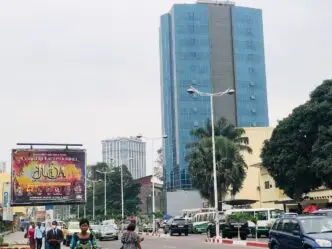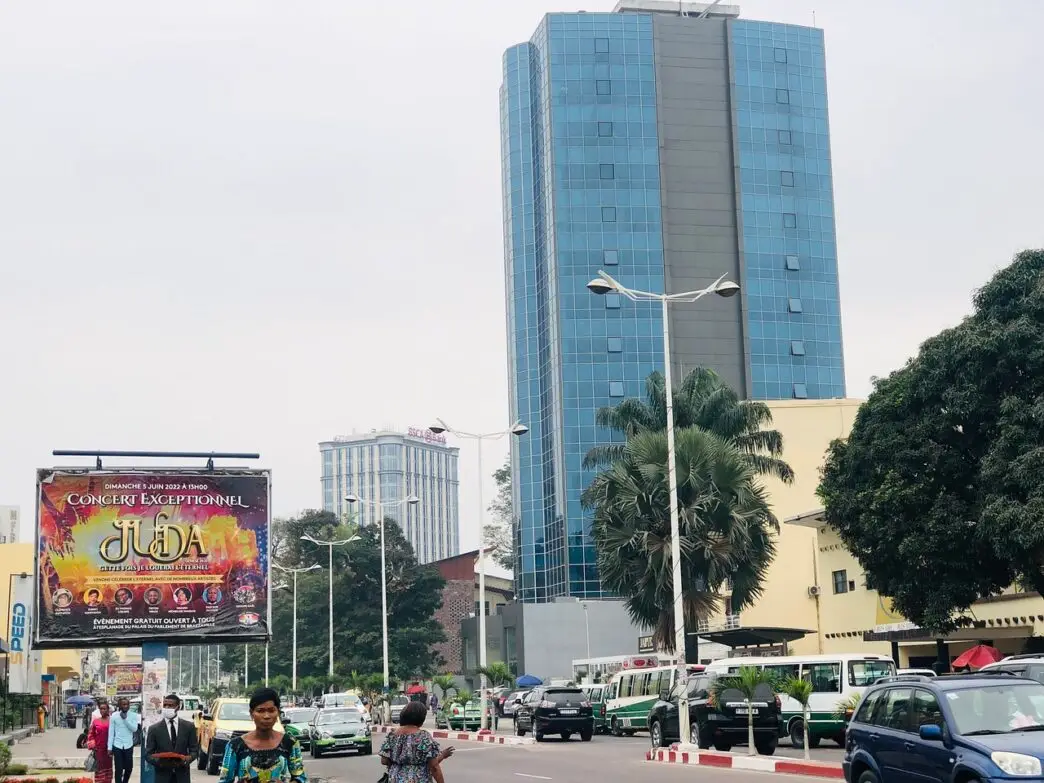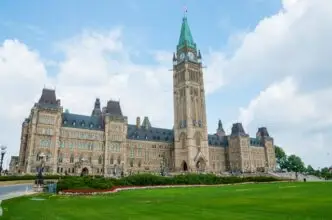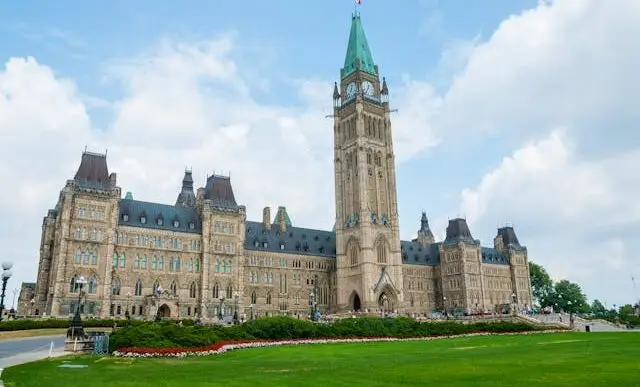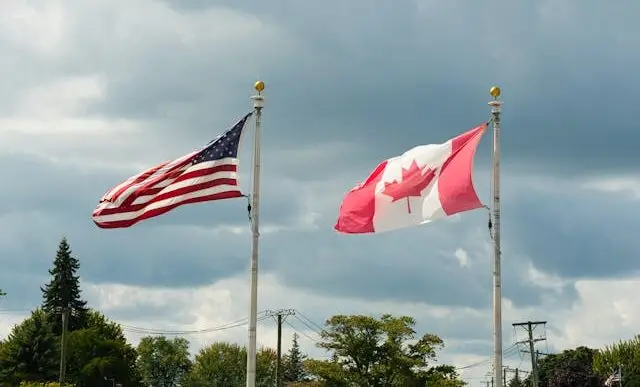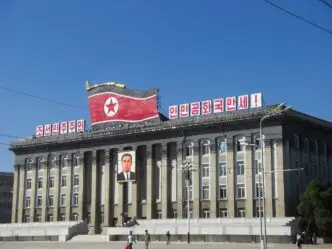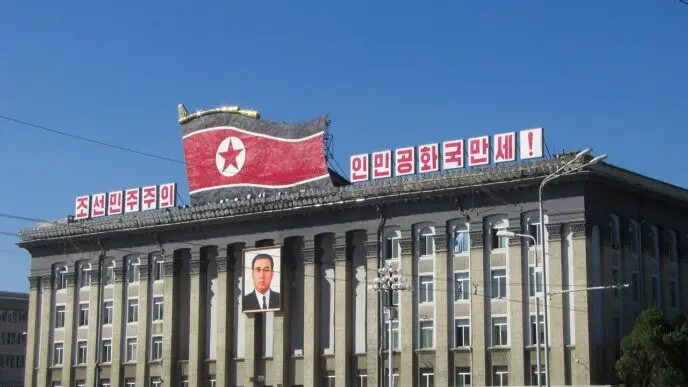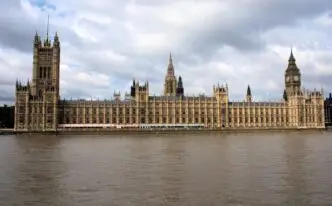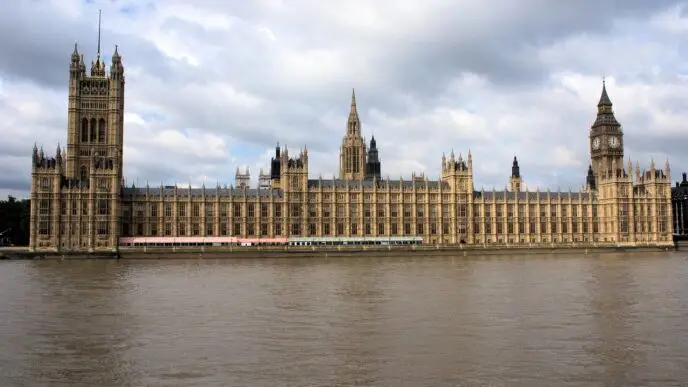In a grim turn of events, more than 170 convicted robbers are facing their final days in the Democratic Republic of the Congo (DRC). The inmates have been transferred from the country’s capital, Kinshasa, to a high-security prison where they are slated for execution, according to official authorities. The decision has drawn a mix of reactions from various quarters, sparking international concern over the Congolese judicial system and its handling of human rights.
This mass execution order, the first of its kind in recent years, marks a dramatic escalation of the Congo’s penal tactics. It comes amid rising crime rates, which the government has vowed to combat aggressively. The Congolese authorities have yet to disclose the execution date, keeping both the inmates and the global community on edge.
The Convict’s Journey: From Kinshasa to The High-Security Prison
The path the inmates have taken from Kinshasa to the high-security prison where they await their fate is a chilling one. Congolese authorities have been tight-lipped about the details of their transfer, generating a shroud of mystery around the operation. It has been confirmed, however, that all 170 prisoners were flown in specially chartered planes under heavy security. The high-security prison, whose location remains undisclosed, is known for its stringent rules and isolation from the outside world.
This secretive transfer and the looming execution have sparked questions and concern among human rights advocates. The convicts, all serving sentences for robbery, are now facing a grim fate far from their homes and families.
International Outrage and Legal Controversy
The Congo’s decision to authorize the mass execution has drawn criticism from various international organizations. Human rights groups, including Amnesty International and Human Rights Watch, have condemned the move, citing it as a gross violation of international laws. They have also expressed concern over the lack of transparency in the Congolese judicial process.
Legal experts argue that while the Congolese law permits capital punishment for serious crimes, the mass execution of 170 inmates is unprecedented and raises serious concerns about due process. There are fears that this could set a dangerous precedent, encouraging other nations with similar crime rates to adopt harsher penal measures.
Amid the international outcry, the Congolese government has yet to respond. The global community waits anxiously for further details about the execution, as well as the fate of the 170 inmates.
Impact on Crime Rates and Public Sentiment
The Congolese government has justified the mass execution as an aggressive strategy to deter crime. In recent years, Congo has experienced a surge in robberies, posing a significant threat to public safety. The authorities believe that this drastic action will send a strong message to potential criminals and reduce crime rates.
However, the public sentiment is divided. While some citizens support the government’s hardline stance, others express deep concern over the potential violation of human rights. Critics argue that the government should focus on addressing the underlying socio-economic issues that drive individuals to crime, rather than resorting to such extreme measures.
As the world watches this dramatic unfolding, the fate of the 170 convicts hangs in the balance. Their story serves as a stark reminder of the complexities of crime and punishment in a country grappling with law and order issues amid socio-economic challenges.

